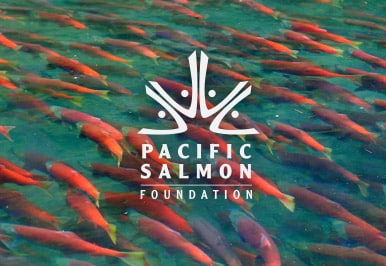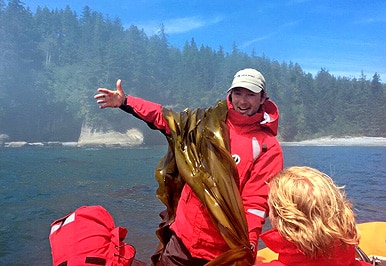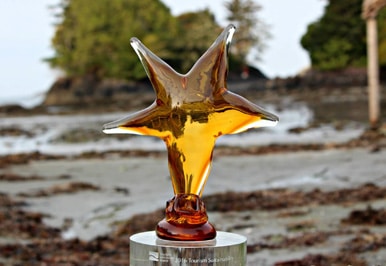GET INVOLVED AND HELP MAKE A DIFFERENCE
Here are just some of the ways you can help protect and preserve our transient and resident whale communities, and contribute to the conservation of The Salish Sea.
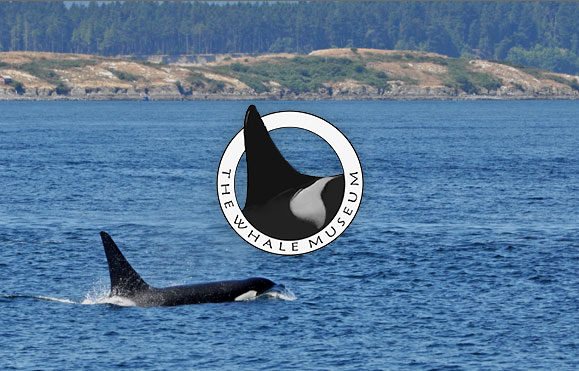
ADOPT A SOUTHERN RESIDENT ORCA
In partnership with the Center for Whale Research on San Juan Island, Washington, the Whale Museum in Friday Harbour operates an Adopt an Orca Program. You can adopt any member of the Southern Resident population for as little as US$35 per year.
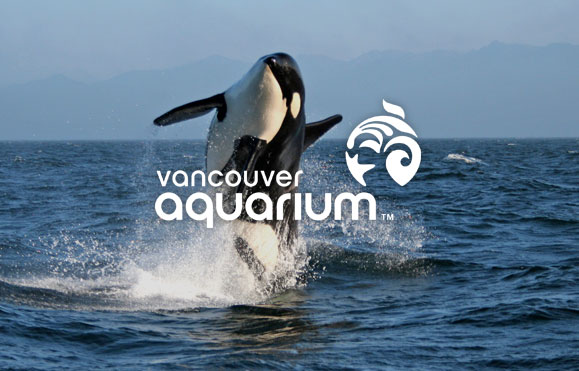
ADOPT A KILLER WHALE
The Vancouver Aquarium, in partnership with the Department of Fisheries and Oceans Canada, manages the Killer Whale Adoption Program. Funds go directly towards biological studies such as genetic analysis, toxic contamination loads and dietary analysis, and support conservation efforts to protect the whale’s natural environment and monitor boat traffic to prevent harassment.
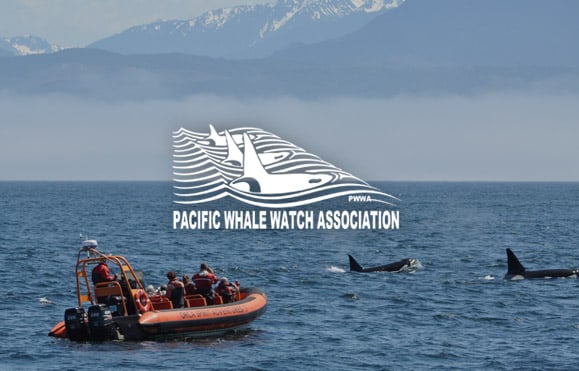
BECOME WHALE WISE
Follow viewing guidelines and local laws in the presence of marine wildlife. When we get too close, approach too fast, or make too much noise, we may be disrupting these activities and causing the animals unnecessary stress. In some cases, we may be threatening their lives. Set an example for others, and help protect our spectacular marine resources.
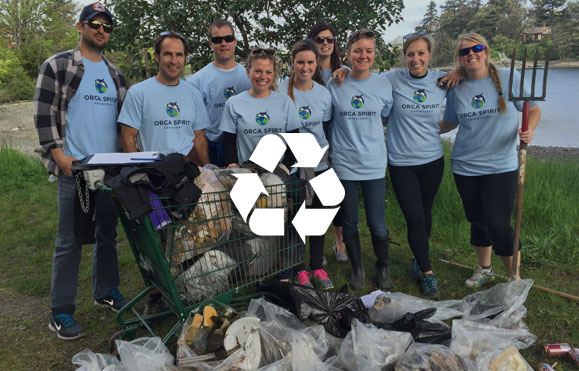
REDUCE, REUSE, RECYCLE
Recycling, reducing and reusing results in less trash and reduced consumption of natural resources, like water. Fourteen (14) billion pounds (6.35 billion kg) of garbage is dumped into the ocean every year! Not only is it disgusting and rude to trash the home of billions of creatures, it is also harmful to our whale friends and the food chain that supports them.
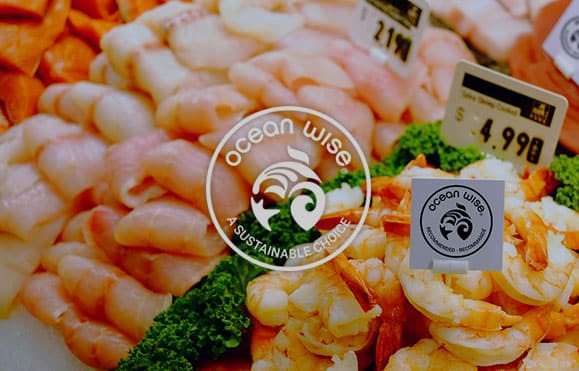
EAT SUSTAINABILE, BUY LOCAL
Choose Oceanwise Seafood and Buy local. Even if you can’t grow your food at home, buying food that is grown near your home helps reduce the fossil fuels and resulting pollution that comes from the transport of produce and foods from all over the world (in planes and refrigerated trucks) to your supermarket.
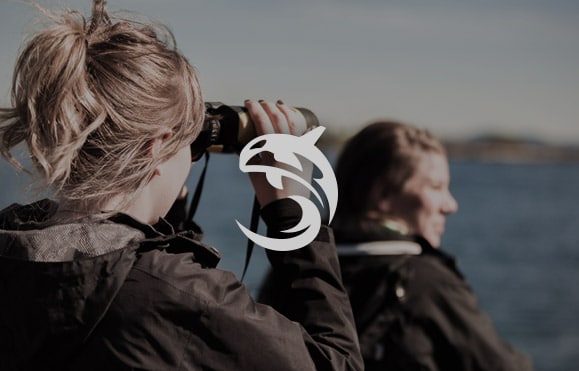
CHOOSE A RESPONSIBLE COMPANY
Look for a whale watching company that respects wildlife and our natural environment. A responsible whale watching company will: follow viewing guidelines; actively contribute to research and conservation; offer carbon neutral experiences; and be accredited by sustainable organizations.



